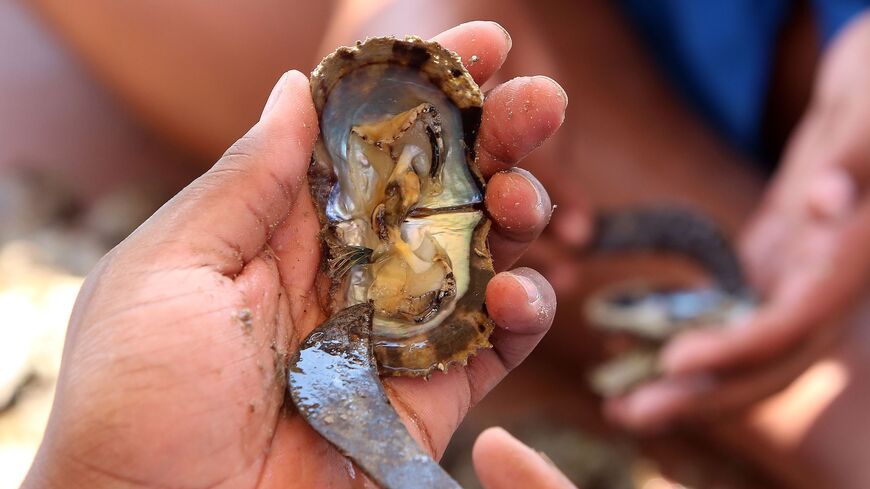Ancient lost city may have been unearthed in UAE: What we know
Archeologists believe recent discoveries in the United Arab Emirates’ Al Sinniyah Island may be connected to an ancient city famed for its pearls that fell into decline after the sixth century.

Archeologists recently discovered ancient settlements in the United Arab Emirates’ Al Sinniyah Island dating back to the sixth century, which they said this week it may be the remains of the lost city of Tawam.
The ancient city of Tawam in eastern Arabia was mentioned in old Arabic texts. It is believed to have served as the capital of the Gulf coast in the sixth century and was famous for its pearl fishing industry and trade in high-quality gems. The city, however, fell into decline following a plague, known as the Plague of Justinian, that spread throughout the region at the time.
The archeological mission of the UAE’s Department of Tourism and Archaeology in the Umm Al Quwain area and international experts unearthed the remains of semi-urban residential units of about 30 square meters each, which are packed closely together along narrow walkways.
Several large jars bearing Aramaic letters, the ancient language that was common in the region before the advent of Arabic, were also found at the site, which archeologists believe were imported from Mesopotamia.
The discovery was announced on May 6 by the Umm Al Quwain Department of Tourism and Archaeology.
The recent discovery follows another major find last year, when the department’s mission uncovered a pearling town in the area dating back to the late sixth century, predating Islam. Before that, in 2022, archeologists found the remains of an ancient Christian monastery believed to have been built between the years 534 and 656.
These discoveries and findings may be evidence that the area is the location of the lost city of Tawam, scientists say.
“Our archaeological work has discovered the largest settlement [of its period] by far ever found on the Gulf coast of the Emirates,” Tim Power, a professor at the UAE University who is leading the research on the site, told Emirati state-owned The National news on Saturday.
“And it's exactly the right period for the city described in the early Islamic geographical sources. It's clearly a really important place. No one has ever found it,” he added.
The Department of Tourism and Archaeology was established in 2019 by an Emiri decree with the aim to promote tourism while preserving the UAE’s heritage and cultural identity, according to the department’s website.
The department’s mission has been working on site in Umm Al Quwain under the directives of its chairman, Sheikh Majid bin Saud Al Mualla, in collaboration with local and international partners, including the Italian archaeological mission in Umm Al Quwain headed by Michele Degli Esposti.





